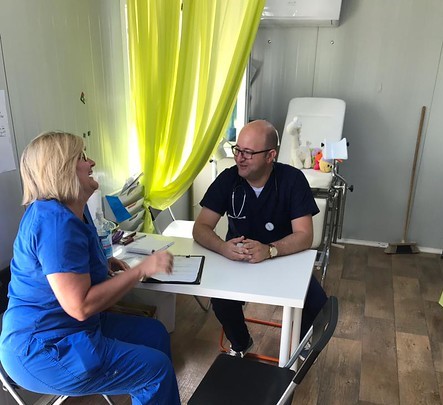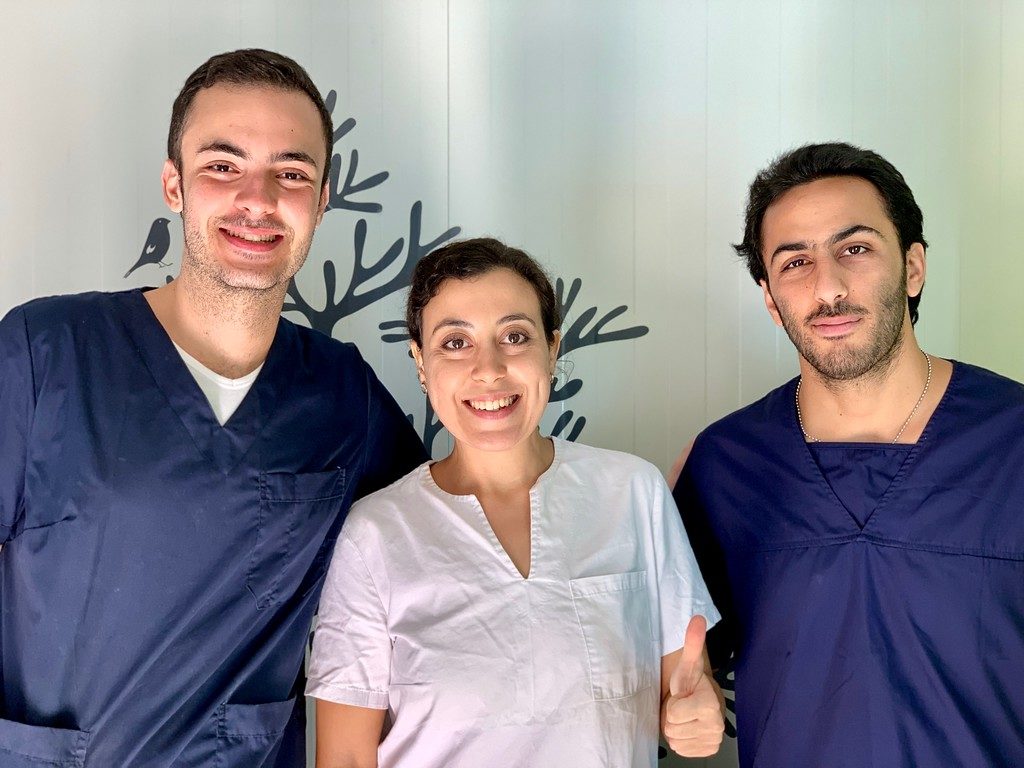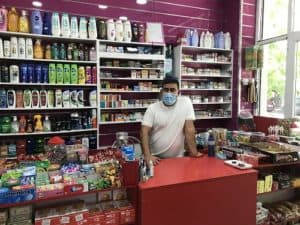HEALTH CARE ACCESS
The Greek healthcare system consists mainly of the National Health System (NHS) which provides free, equitable and comprehensive health coverage to the entire population and a private healthcare system. The massive and rapid influx of refugees and migrants in Greece, resembling a humanitarian crisis, combined with the long and deep economic depression during the previous decade have posed significant challenges for the Greek NHS.
Although struggling, the Greek NHS must cope with complex health issues of refugees. A large number of refugees suffer from non-communicable diseases (asthma, cardiovascular disease, diabetes and hypertension), which are underdiagnosed in their countries and poorly controlled during their arduous journey. Once in Greece they are often exposed to various infectious disease outbreaks (influenza, varicella, tuberculosis, measles, meningococcal disease and scabies), due to inadequate immunization coverage, overcrowding, sharing dormitories, poor hygiene conditions and undernourishment.
Language is an additional key constraint. For reasons of miscommunication, refugees could miss appointments or are unable to communicate effectively with healthcare providers. Cultural mediators are not always effective or sufficient, especially if they are not familiar with medical terms. The complexity and fragmentation of the Greek primary health care system may also complicate access for refugees. The provision of medical care and medicines is further hindered by refusal or bureaucratic delays in visa entitlements and AMKA (National Insurance Number) provision.




